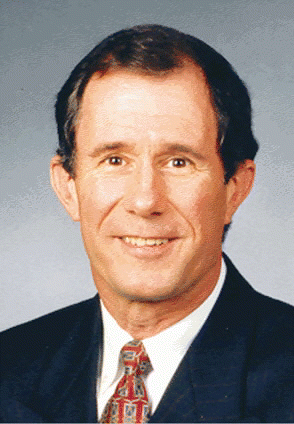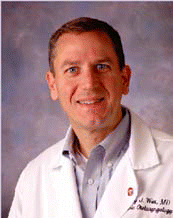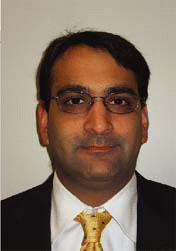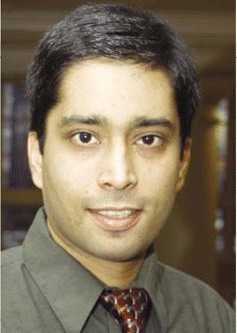Physicians internalize medical mishaps and then are afraid to share them for fear of identification as a “bad doctor,” feeding into an impostor syndrome and depression.



Experts discuss quality initiatives for otolaryngologists to manage risk

Panelists at this year’s AAO-HNS Annual Meeting shared their own experiences and discussed how to avoid both medical errors and ethical lapses

This issue’s Special Report is on quality improvement, an increasingly important health care issue not only in this country, but also in many other countries around the world.

At first glance, the Otolaryngology Surgery Simulation Center at Montefiore Medical Center in New York resembles a traditional temporal bone dissection lab.

When the team of otolaryngologists from Children’s Hospital in Boston, including Drs. David Roberson and Rahul Shah, among others, investigated the classification of errors and physician responses to errors as it is germane to otolaryngology, they provided a great service to their fellow specialists.


A consensus panel of physicians who treat patients reporting sinus and facial pain strongly recommend the use of all diagnostic tools available to determine the root cause of the headache-whether it is neurological or physiological, migraine or sinus.